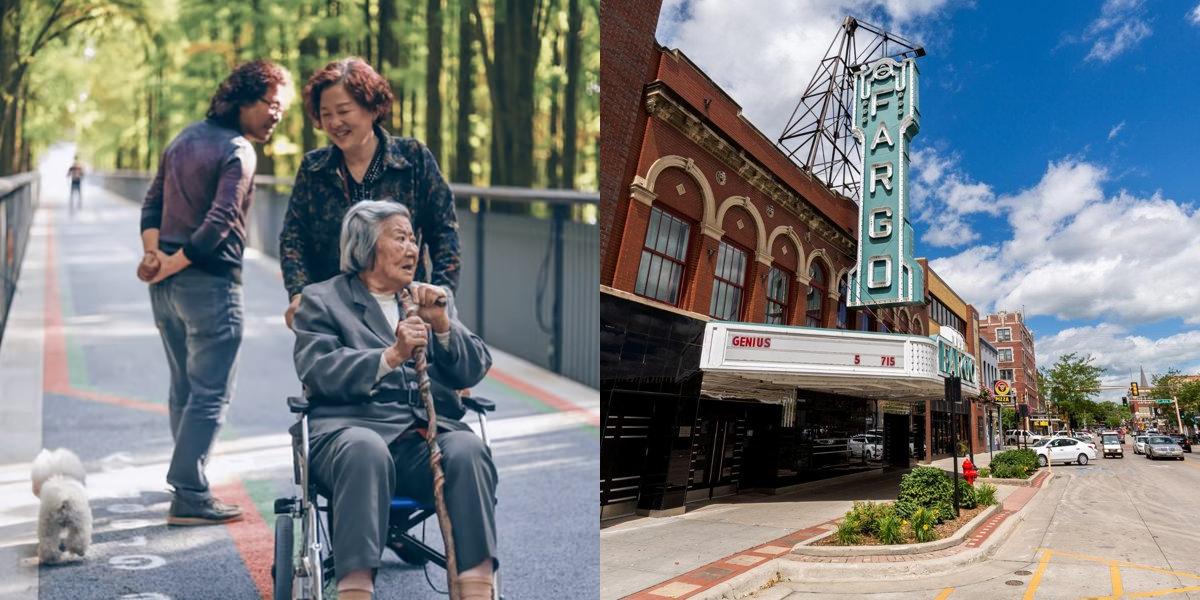How to Become a Home Health Aide in North Dakota (2024)

If you're passionate about helping others and want to make a real difference, becoming a home health aide (HHA) in North Dakota could be the ideal career for you. This article will guide you through the steps to achieve home health aide certification and find home health aide jobs. Whether you're starting your education or seeking advancement, you'll find all the details you need, including where to find home health aide jobs near you and what you can expect in terms of home health aide salary.
Key Points
- Home health aides provide crucial care for individuals who are unable to leave their homes, assisting with personal hygiene, meal preparation, medication reminders, and emotional support.
- To become a home health aide in North Dakota, you must complete a state-approved training program and pass a certification exam.
- The training program for home health aides typically lasts between 4 to 12 weeks, depending on the course format.
- In North Dakota, the average home health aide salary is $38,190 per year.
Advancement opportunities for HHAs
As an HHA, there are numerous opportunities for advancement and professional growth within the healthcare industry.
Further education and specialization
If you wish to advance your career as a HHA, pursuing further education and specialization can open doors to higher-level positions. You can consider enrolling in programs such as nursing or healthcare administration to expand your knowledge and skills. Specializing in areas such as dementia care or pediatric home healthcare can also make you an invaluable asset in your field.
Potential career paths in healthcare
Becoming an HHA can serve as a stepping stone for various healthcare career paths. With additional education and experience, you can explore opportunities as a licensed practical nurse (LPN), registered nurse (RN), or even healthcare management positions. The skills and knowledge gained as a home health aide provide a solid foundation for a rewarding and fulfilling healthcare career.
Frequently Asked Questions
How long does it take to become a home health aide in North Dakota?
Becoming a home health aide in North Dakota typically takes a few months. You need to complete a state-approved training program, which generally lasts between 4 to 12 weeks, depending on the course format. After finishing the training, you'll need to pass a certification exam before you can start working as an HHA.
How to become a HHA in North Dakota?
To become a home health aide in North Dakota, first complete a state-approved training program that includes both classroom and hands-on clinical experience. After finishing the training, you must pass the state certification exam to demonstrate your skills and knowledge. Finally, apply for certification through the appropriate state agency to officially start your career as an HHA.
How much does a home health aide make in North Dakota?
As of May 2023, the average salary for a home health aide in North Dakota is approximately $38,190 per year, according to the Bureau of Labor Statistics. This wage reflects the importance of the role and the demand for skilled home health aides in the state.
What's the most a home health aide can make?
The highest salary a home health aide can earn in North Dakota varies, but some experienced professionals can make upwards of $45,000 per year. Factors such as years of experience, specialized skills, and the type of employer can influence these higher salary ranges.
Final Thoughts
In conclusion, becoming a home health aide in North Dakota is a fulfilling and rewarding career choice. By understanding the role, completing the necessary education and certification, and exploring advancement opportunities, you can establish a successful career in this growing field. Dreambound's programs and classes can provide you with the knowledge and skills needed to thrive as a home health aide. So take the first step towards making a positive impact on people's lives by starting your journey to become a home health aide today.
Are you exploring diverse professional opportunities? Take a closer look at these resources that Dreambound has written to help in your search.

Athena is Co-founder and CEO of Dreambound.




